Top 10 Best ERP Software Solutions for 2025
Enterprise Resource Planning (ERP software) plays a crucial role in managing business operations by integrating various departments such as accounting, HR, inventory, sales, and supply chain management. In 2025, choosing the right ERP system for your business can significantly enhance efficiency, reduce costs, and improve decision-making. In this article, we will explore the top ERP solutions that provide advanced features, scalability, and exceptional performance.
Why ERP Software Matters for Businesses
An ERP system centralizes business data and streamlines operations across multiple departments. With real-time data analytics, automated workflows, and improved communication, ERP software helps businesses operate more effectively. Businesses looking to stay competitive in the fast-paced digital world must leverage ERP to enhance operational agility, reduce operational costs, and improve customer satisfaction.
Key Features to Look for in an ERP System
When selecting an ERP software solution, consider the following essential features:
- Data Integration: A unified platform that combines data from multiple business functions.
- Automation: The ability to automate repetitive tasks and processes.
- Customization: A flexible system that can be tailored to your business’s unique needs.
- Real-Time Reporting: Data analytics and reporting capabilities that provide real-time insights.
- Cloud-Based: Accessing your ERP system remotely for flexibility and scalability.
Comparison of Top ERP Software Solutions in 2025
Here’s a comparison of the top ERP software solutions for 2025:
| ERP Software | Best For | Key Features | Pricing |
|---|---|---|---|
| SAP S/4HANA | Large Enterprises & Global Businesses | Real-time analytics, AI-powered automation, scalable cloud-based | Custom pricing |
| Oracle ERP Cloud | Mid to Large Businesses | Financial management, supply chain optimization, and AI capabilities | Custom pricing |
| Microsoft Dynamics 365 | All business sizes | Seamless integration with Microsoft products, CRM, and sales automation | Starts at $70/user/month |
| NetSuite ERP | Fast-Growing SMBs | Cloud-based, comprehensive financial and inventory management | Starts at $999/month |
| Odoo ERP | Small Businesses & Startups | Modular, customizable, open-source software | Starts at $24/user/month |
| Infor CloudSuite | Manufacturing & Retail | Industry-specific solutions, mobile access, real-time analytics | Custom pricing |
| Epicor ERP | Manufacturers & Distributors | Production scheduling, inventory management, customer relationship management | Custom pricing |
| Acumatica ERP | Growing Businesses | Highly customizable, financial management, HR, and CRM modules | Starts at $400/user/month |
| Syspro ERP | Mid-sized Manufacturers & Distributors | Real-time inventory, production, financial management | Starts at $99/user/month |
| QuickBooks Commerce | Small to Medium-Sized Businesses | Inventory management, invoicing, order tracking | Starts at $39/month |
How to Choose the Right ERP Software for Your Business
Choosing the right ERP software depends on various factors specific to your business:
- Business Size: Small businesses may prefer modular and flexible ERP systems, while large enterprises may need a comprehensive solution.
- Industry Needs: Some ERP solutions cater to specific industries like manufacturing, retail, and distribution.
- Customization Requirements: Consider how much customization is needed to meet your business’s unique needs.
- Budget: ERP pricing can vary significantly, so choose a solution that aligns with your budget.
- Scalability: Ensure the ERP system can grow with your business over time.
Benefits of Implementing an ERP System
Implementing an ERP solution can have transformative benefits for your business:
| Benefit | Description | How It Helps Businesses |
|---|---|---|
| Increased Efficiency | Automates processes and reduces manual tasks. | Saves time, reduces human error, and improves workflow efficiency. |
| Improved Data Accuracy | Centralized data for better reporting and decision-making. | Reduces inconsistencies and ensures data is accurate and up-to-date. |
| Better Decision-Making | Real-time data analytics and reporting capabilities. | Helps business owners make data-driven decisions. |
| Cost Savings | Optimizes resource allocation and reduces operational costs. | Lowers costs by automating processes and eliminating inefficiencies. |
| Improved Collaboration | Enhances communication across departments. | Encourages teamwork and knowledge sharing among departments. |
| Scalability | Can grow as your business expands. | Adapts to changes and supports future growth. |
Conclusion
In 2025, choosing the right ERP system is crucial for optimizing business processes, improving collaboration, and enhancing decision-making. The top ERP solutions offer diverse features to meet the needs of businesses of all sizes and industries. When selecting the best ERP software for your business, it’s important to consider your specific needs, budget, and growth potential.
By implementing the right ERP system, you can streamline your operations, improve efficiency, and stay ahead of the competition. Evaluate your options carefully and choose an ERP solution that aligns with your long-term business goals.
Explore
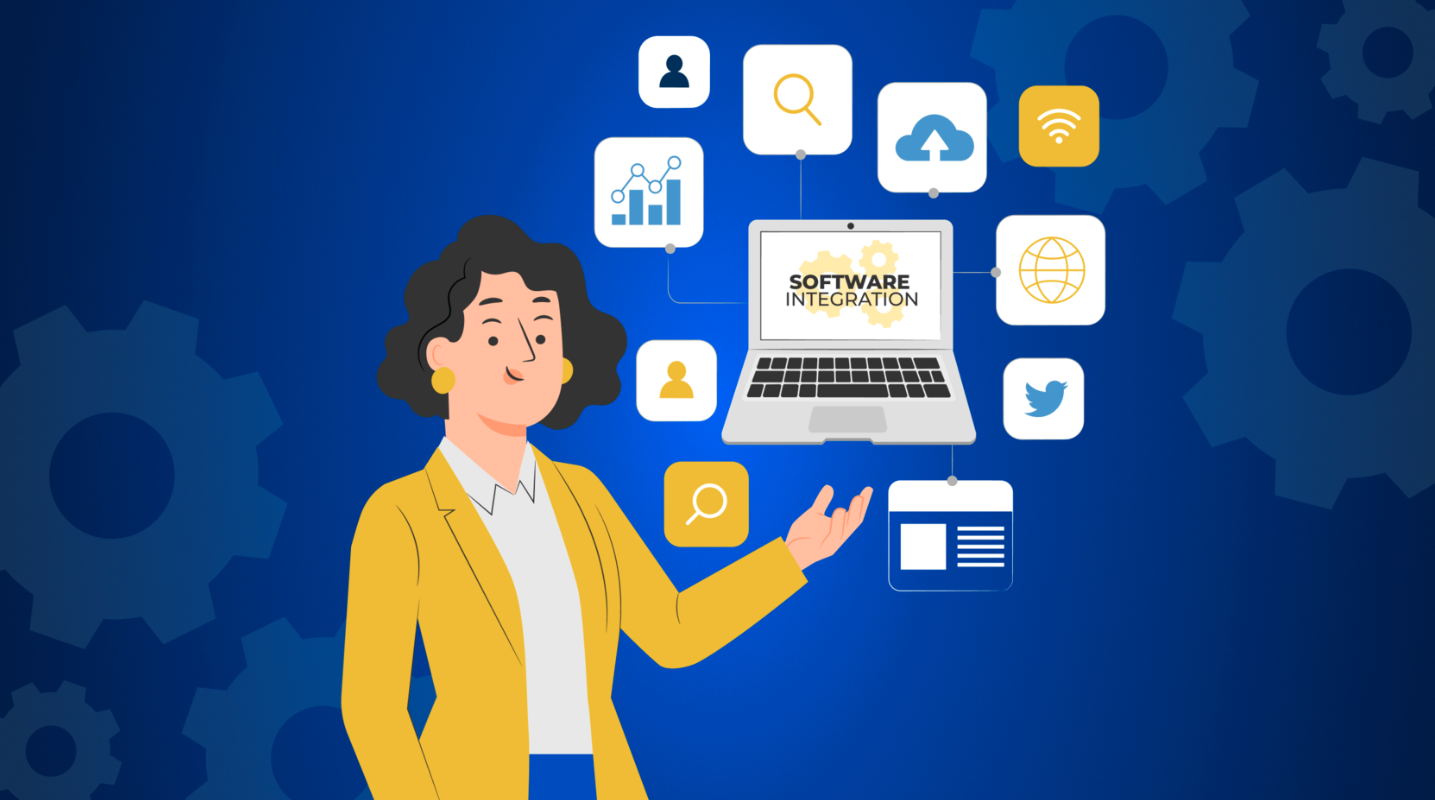
Unlocking Growth with Enterprise Software: Key Features That Drive Success
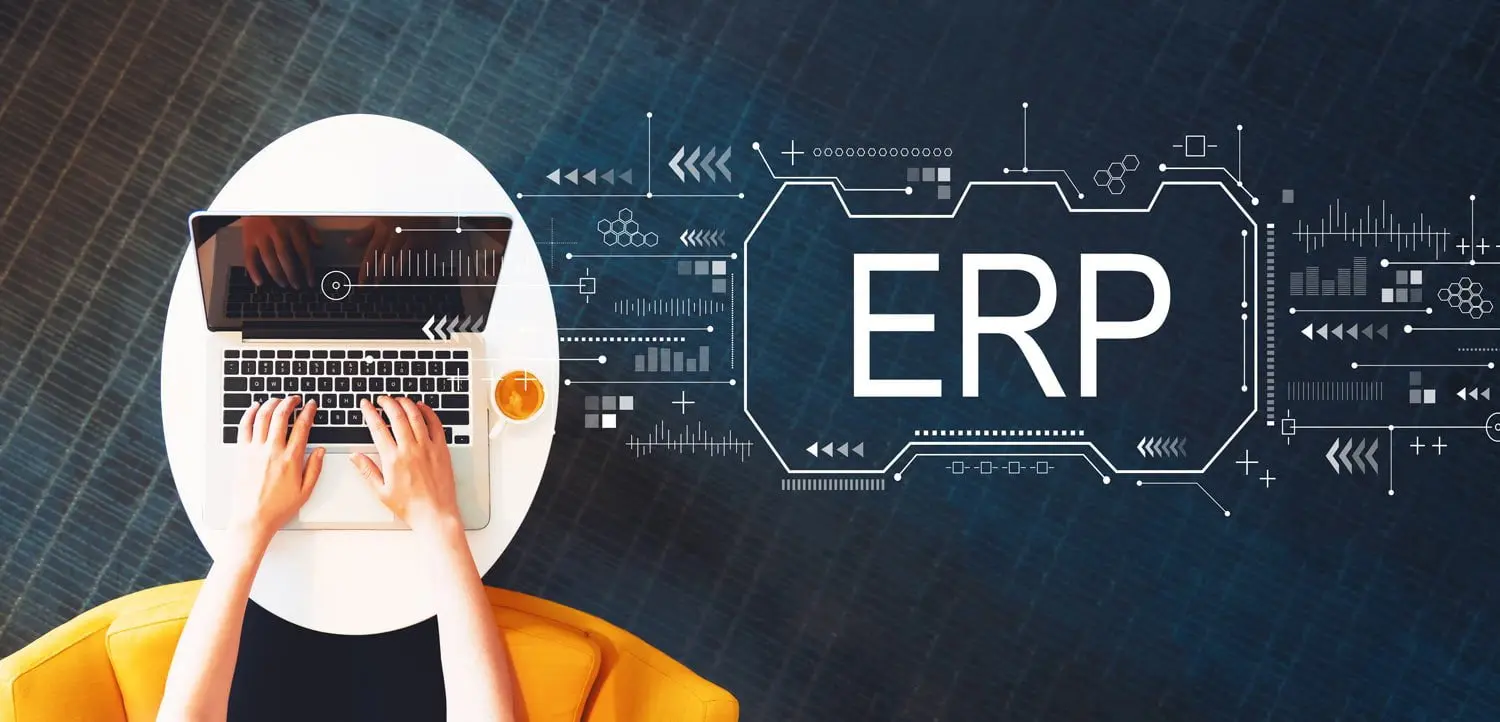
Cloud ERP vs. On-Premise ERP: Which One Is Right for You?
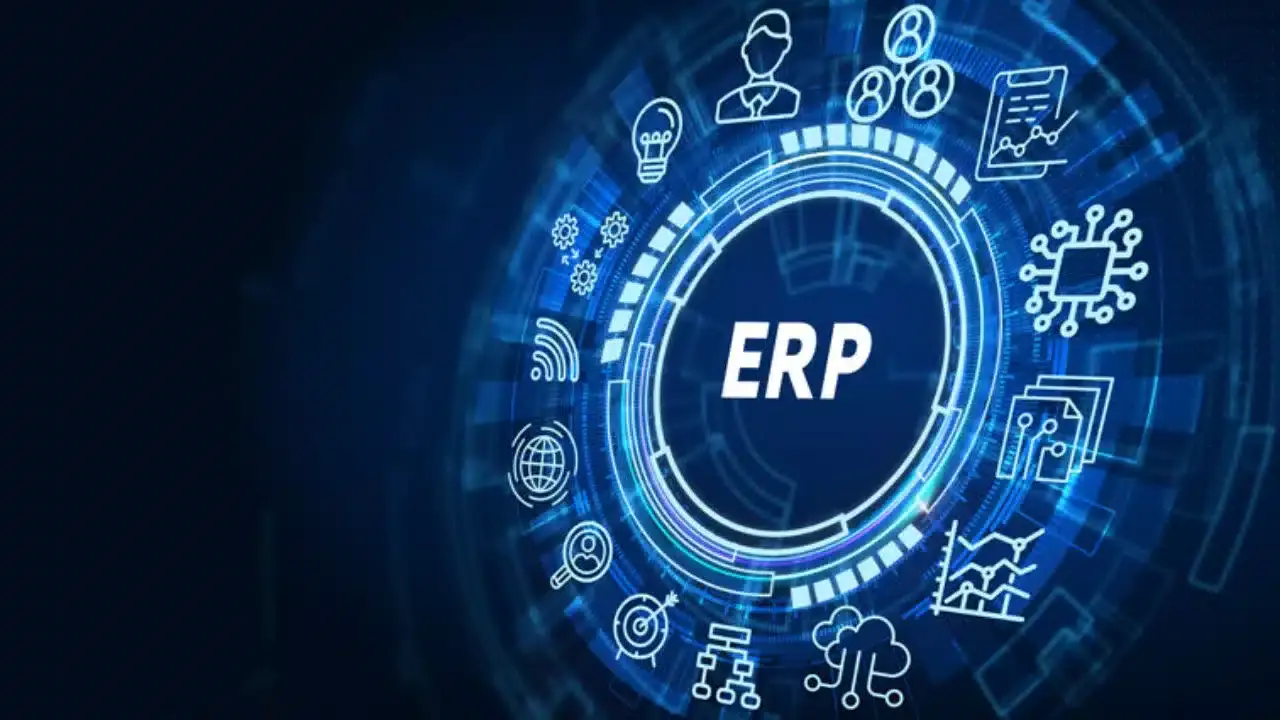
Boost Supply Chain Efficiency with the Right ERP System
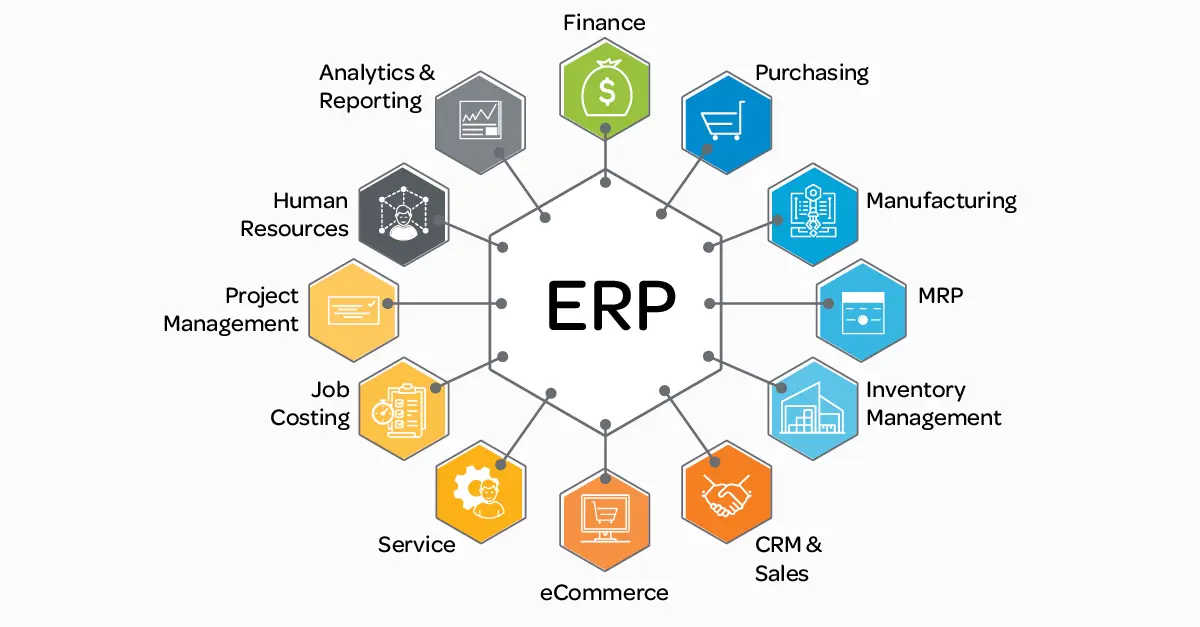
Lessons Learned: Success Stories and Challenges in ERP
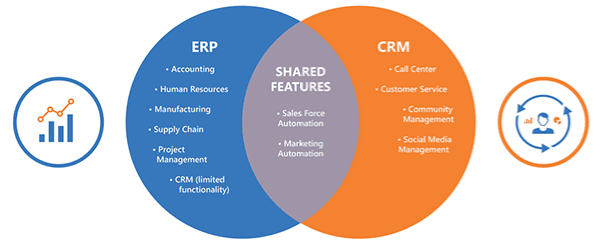
ERP vs. CRM: Understanding the Key Differences for Your Business
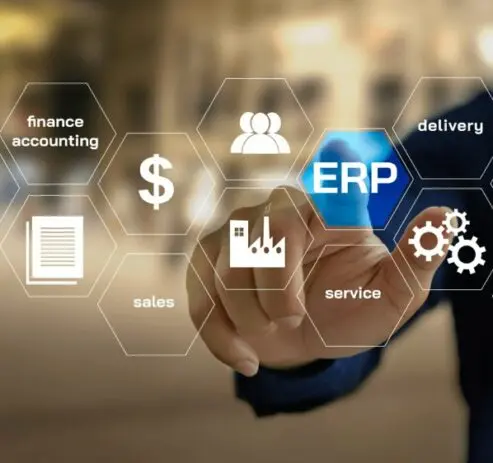
5 Key Steps to Successfully Implement an ERP System
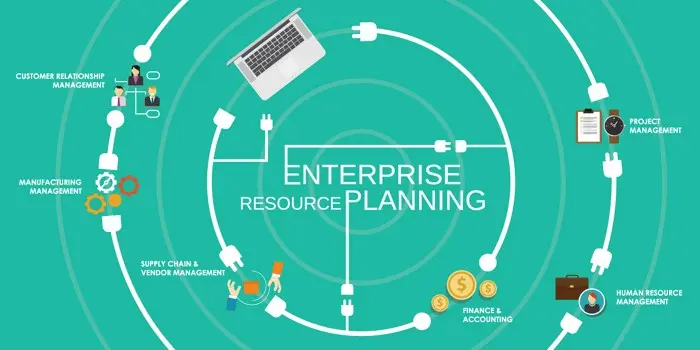
How to Choose the Right ERP System for Small Businesses
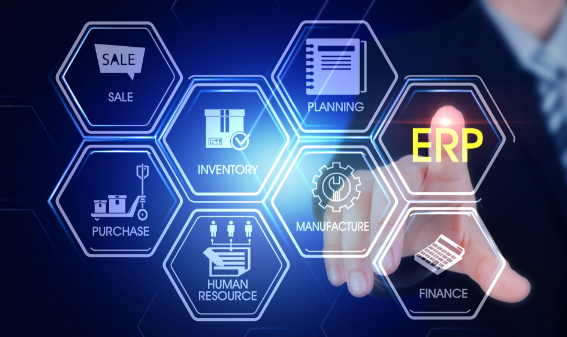
What Is ERP? A Complete Guide to Enterprise Resource Planning
